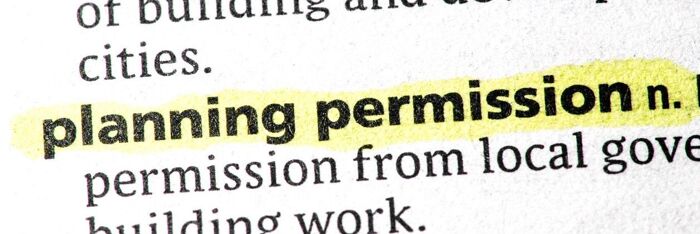Planning for Nature & Conservation Recovery - A Guide to Best Practice
Introduction
The UK is one of the most nature depleted countries in the world and the planning system has a key role to play in arresting the decline in habitats and species and supporting their recovery.
This virtual classroom seminar will consider existing and emerging approaches to nature recovery including Local Nature Recovery Strategies, nutrient neutrality and the interrelationship with Biodiversity Net Gain and other regimes dealing with nature conservation and enhancement.
Other emerging issues will also be considered including water neutrality.
The course will deal with emerging good practice and will offer some practical insights. Future developments will also be considered.
What You Will Learn
This live and interactive course will cover the following:
- The nature and scale of the problem and the role of the planning system
- Local Nature Recovery Strategies (LNRS), who is responsible for formulating them, how they will be implemented in practice and particular challenges arising including cross-boundary issues
- Nutrient neutrality, the background to the problem; what practical planning measures are currently being used to address it and what solutions are proposed for the medium and longer term
- BNG and its relationship to LNRS and nutrient neutrality
- Other related issues including water neutrality
- Future developments
Recording of live sessions: Soon after the Learn Live session has taken place you will be able to go back and access the recording - should you wish to revisit the material discussed.










